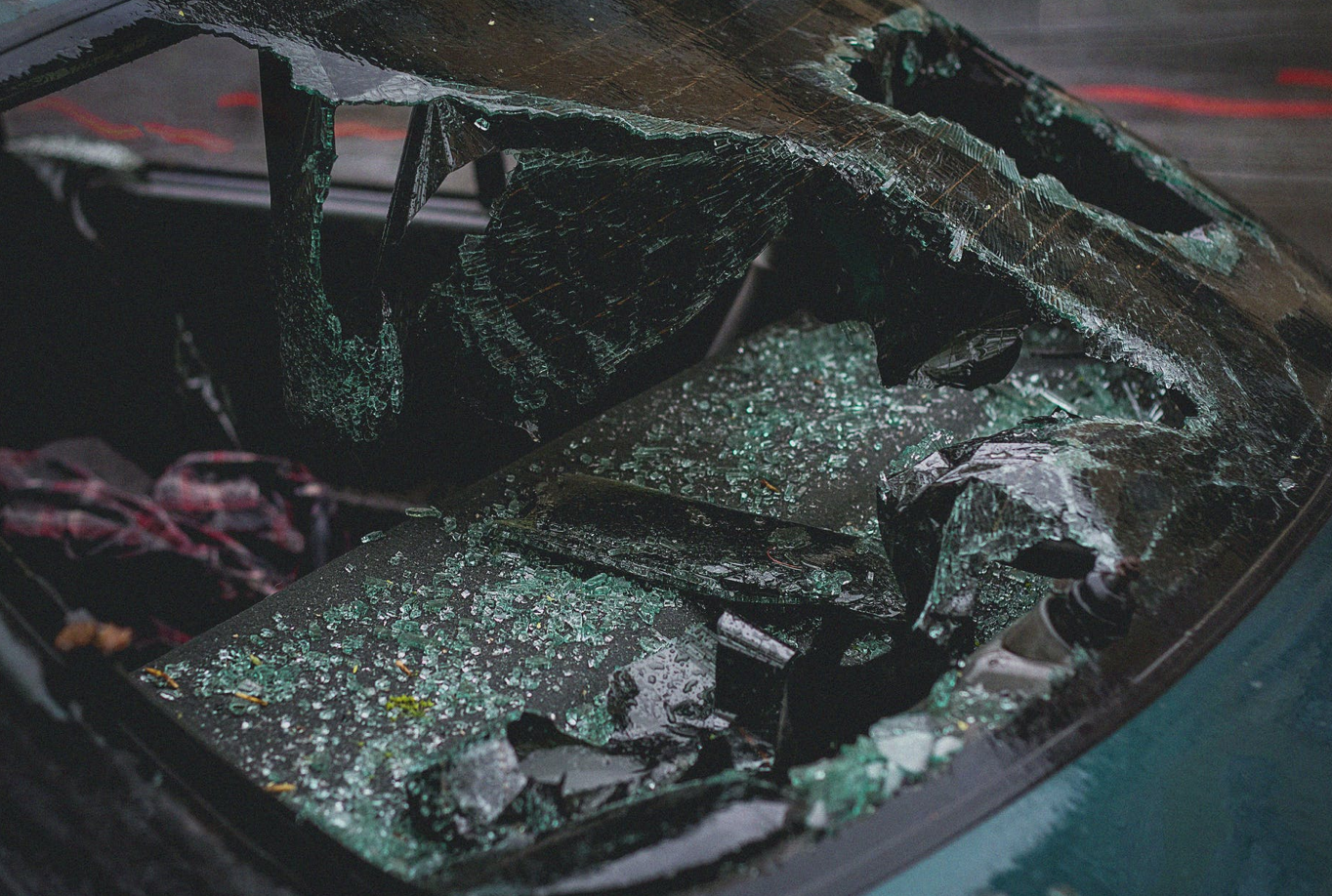Both parties’ lawyers will look through the transcript to find anything that will support their client’s case and potentially harm the other’s case. Then, a lawyer will also tell their client how they think this deposition is going to affect the case.
Depositions are part of many cases, including car accidents. These depositions take place during the discovery stage of the case. They should always unfold with the party’s attorney present, as the other party may take advantage of the opportunity to interview the victim to trick them into saying something that would decrease the compensation.
Since depositions are crucial parts of any car accident case, they should be taken seriously. What happens after a deposition, though? Keep reading this post to learn more about depositions in car accident cases.
What Are Depositions?
A deposition is something that happens during the discovery part of a case. Basically, each car accident lawsuit has four main stages, respectively discovery, mediation, trial, and appeal.
The deposition involves testimonies under oath given by parties or witnesses to a lawsuit. It happens before the trial, outside of court. As the deposition takes place, a court reporter will be there to transcribe it.
Through the deposition, the parties can collect evidence about what witnesses know. One should know that during a deposition, the attorney that represents the party you are filing your claim against will ask the witness questions. Usually, this is done in order to gather any information that would potentially help the other party’s case and go against your claim.
Should Your Lawyer Be Present During Your Deposition?
If you’re going to participate in a deposition as a witness, it’s generally recommended to have an attorney by your side. Going alone can harm your case because you do not know what questions the other party will be asking you, and you may not be aware of the fact that they may be overstepping boundaries or trying to trick you.
When your lawyer is with you, he or she will tell you when to answer questions and when not to answer questions.
What Happens Following a Deposition in a Car Accident Case?
Once the deposition stage is complete, a few things are going to happen. They include:
- Preparation and Evaluation of the Transcript
All depositions are preserved in either audio or video recordings. Then, a certified court reporter will transcribe them. When the transcription is done, it can be used in court as evidence.
Both parties’ lawyers will look through the transcript to find anything that will support their client’s case and potentially harm the other’s case. Then, a lawyer will also tell their client how they think this deposition is going to affect the case.
- Interrogatories
The lawyer representing the other party may ask a witness or even you some written questions called “interrogatories”. There are many questions that could serve as interrogatories, but some of the most common ones for car accident cases include:
- Who was in the vehicle with you when the accident took place?
- Were you distracted at the time of the accident?
- Have you been involved in any car crashes before?
- Collecting More Evidence
Evidence is necessary in any case, especially when the parties are fighting for compensation for injuries and damages. One party will have to ask the other to give them any documents they have, a process known as a “request for production”.
Sometimes, the lawyer of the defendant may tell the claimant to go through an independent medical exam. As such, the examination will be done by a doctor who is not involved in the ongoing care of the claimant. An impartial assessment of the injuries and how they are related to the accident will be made by the doctor.
- Negotiations

Graphic depicting a handshake under a red car; image by Mohamed Hassan, via Pixabay.com.
More often than not, the two parties will try to negotiate a settlement to resolve the claim. Information will be exchanged about the current situation and both will try to find a proper compensation value for the plaintiff.
- Mediation
When the two parties agree upon all facts but can’t find a settlement, the court might be asked to resolve all damage and liability issues. When there is no genuine dispute as to any material fact, the judge will be able to favor one party in the decision without the need for trial.
- Trial
Sometimes, cases end up going to trial when the parties cannot agree on a settlement.
- Appeal
When one party is unsatisfied with the outcome of the trial, they can appeal the decision of the court, which will expend further resources.
The Bottom Line
Car accidents happen all the time and in a state like Mississippi, 1 out of 2 individuals die in a motor vehicle accident because they are not buckled up. If you go to court in this state, you can seek a Gulfport personal injury attorney or another lawyer in your area to help you out.


Join the conversation!